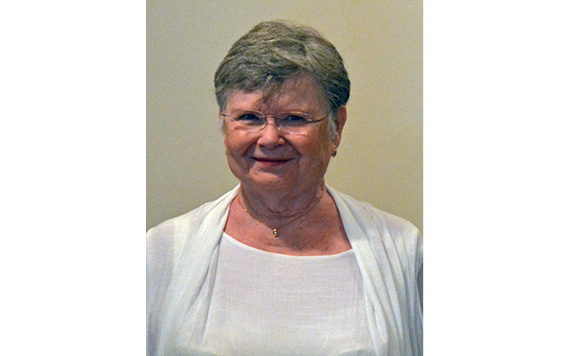by Kirsten Emmott, Family Doctor –
Here’s news of an exciting medical breakthrough. Some time ago, Dr. Elisha Perkins, a Yale-trained surgeon who co-founded the Connecticut Medical Society, announced that his studies of muscle contractions had led him to the discovery of subtle electrical fields in the human body.
Dr. Perkins used metal rods – one brass and one iron – to influence these fields by drawing the rods down the body of a sick person. Pain, he said, is thereby drawn out. Thousands of grateful patients sent him testimonials, and the “metallic tractors” flooded the market; meanwhile, Perkins became very rich.
Care to give it a try? Oops – Perkins announced his sensational ideas in 1797! Even then, his ideas sounded weird. Perkins was thrown out of the medical society he helped start, which branded him “a patentee and user of nostrums.” Perkins hastened to New York City (says my source, The Great American Medicine Show by David and Elizabeth Armstrong) during one of the frequent epidemics of yellow fever.
The Metallic Tractors failed, however, to protect Perkins or anyone else, and the doctor died of yellow fever in 1799. His son carried on for a while, salting away $50,000, which was a heap of money in the 1790s, and eventually stating that tractors could be made of any old material, including wood. Clearly, they had more to do with suggestion and the placebo effect than electricity.
Now, faith has its place in organizing and supporting the body’s innate power to heal. But it’s no way to assess a theory, a drug or a course of treatment. History is full of examples of healers who came up with a great idea, only to find that, after all, it was mistaken. All too often people who have serious illness, or chronic illness – especially seniors – fall into the hands of quacks, who may be sincere but poorly informed fringe practitioners, or even respectable physicians.
Any treatment that is both effective and safe will quickly lead to plenty of studies in peer-reviewed journals; treatments that don’t work will have only testimonials, but when properly studied, are shown to be worthless. Seek out evidence-based medicine, not the latest fads.
In 1842 Oliver Wendell Holmes, the poet and obstetrician, wrote a truly hilarious essay on homeopathy (you can find it on the internet) and Holmes has this to say:
“I think, after what we have seen of medical facts, as they are represented by incompetent persons, we are disposed to attribute little value to all statements of wonderful cures. Coming from those who have never been accustomed to watch the caprices of disease, and have not cooled down their young enthusiasm by the habit of tranquil observation. … I need not waste time in showing that medical accuracy is not to be looked for in the florid reports of benevolent associations, the assertions of illustrious patrons, the lax effusions of daily journals, or the effervescent gossip of the tea table.”
Gee, I wish I’d said that.




